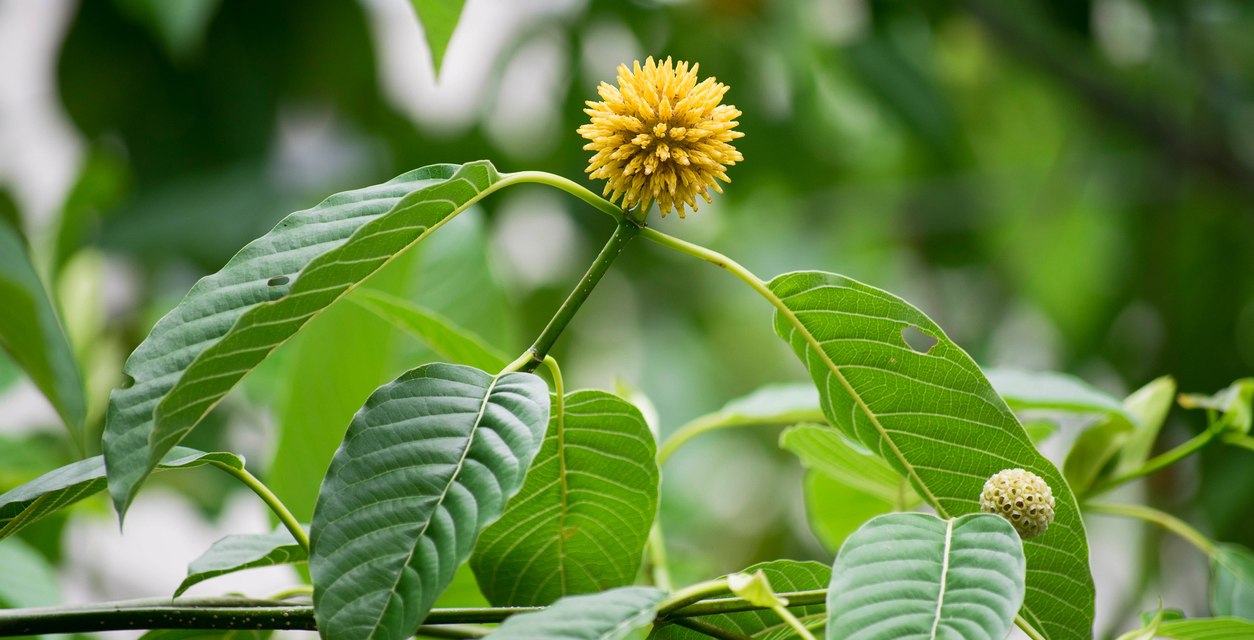Kratom– the herbal substance that caused so many problems in recovery homes in Florida— is now on store shelves alongside Red Bull, Monster, and Rock Star? That should vex some recovering folks.
I’ve written several posts about kratom use, the latest in 2018. Now comes this story, reprinted from The Los Angeles Times:
He kicked alcohol, became addicted to wellness drink that works like opioid, lawsuit says
The lawsuit is headed to a courtroom as we speak. That’s not always the best place to resolve such issues, but it does seem to be where they tend to wind up.
A brief summary: a Southern California beverage maker has been adding kratom to its kava drink product. Feel Free Wellness Tonic, that’s the brand name. Appearing now on store shelves as a safe, healthful, and most important, allegedly nonaddictive alternative to alcohol and opioids.
The lawsuit says that claim just isn’t true. As evidence, there’s the FDA’s warning that kratom is in fact potentially addictive. The DEA doesn’t think much of its claims to be safe for use, either.
The makers of Feel Free have been promoting it as a ‘clean’ energy boost– suggesting it’s just fine for use by people in recovery. They de-emphasize the presence of kratom in the product, but that’s what differentiates it from other kava drinks on the market.
The plaintiff, a recovering person, states he developed a habit of consuming as many as 10 kratom drinks in a day. Eventually, he says, he lost the ability to function, experiencing painful withdrawal when he attempted to stop. I’ve heard such stories before, mainly coming out of Florida. It does sound comparable to alcohol and opioid withdrawal in terms of discomfort. Certainly nothing you’d want to undergo.
To make things worse, the makers of Feel Free are targeting college students as their primary customer base. They’ve hooked up with several prominent universities in California, Texas, and Florida, initiating plans to have almost 80 schools in their network by the end of next year.
Makes me think of the early days of Juul, before people realized that the company’s products essentially addicted young users to nicotine, setting them up for a possible switch to cigarettes as they got older. That’s emphatically not what public health experts want to see encouraged. But it took several years for the public to get wise to the dangers of Juul, and the appearance of kratom as an energy booster suggests the risk of a repeat performance.
Let’s hope it doesn’t take as long for us to wise up as it did then.













